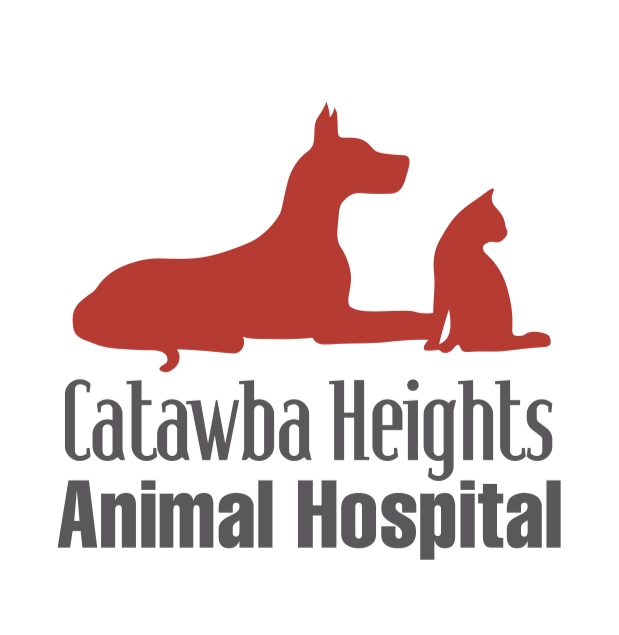What is a good hygiene regimen for a dog?
It really depends on the dog. Some dogs need to be groomed frequently, while others may never need to be groomed. Some dogs may not need to have their hair shortened but have a thick undercoat and need to be brushed out frequently with a bath. Good hygiene is crucial as it can prevent mats that trap dirt, bacteria, and parasites, leading to skin infections.
Dr. Kelley Wallace DVM
Catawba Heights Animal Hospital
How often should my dog be bathed?
It really depends on the dog. Some dogs need a bath a couple of times a week, especially if they have a chronic skin condition. Others may not need a bath but once a month or every two months. It just depends on your pet's fur coat and how it feels.
Is brushing your dog's teeth important to overall hygiene?
Brushing your dog's teeth can help with their oral hygiene. However, some dogs don't tolerate it very well, so the best way to brush your dog's teeth is using a finger brush. Dental chews can help break down plaque. However, no matter what you do, dogs will need a professional dental cleaning, just as humans do.
How do I find the right bathing products for my dog?
For pets without underlying skin issues, soap-free, aloe and oatmeal products are gentle on the skin. Flea, tick or medicated over-the-counter products, human products, and dishwashing detergents can dry your pet's skin and make them itchy. Also, consider flea and tick prevention products, flea and tick shampoos, Dawn dishwashing detergent, and baby soap. If you're using a topical flea and tick heartworm prevention treatment, keep in mind that these products hide in the sebaceous glands of your pet's skin and are secreted with the oils. Some products, particularly Dawn dishwashing detergent, act as degreasers, stripping away the natural oils and grease from your pet's coat. When you remove these oils, you might inadvertently wash away your flea prevention treatment. Therefore, it's best to use a dog-friendly shampoo specifically designed for dogs, preferably one with an aloe and oatmeal base.
Is it important to clean my dog's bed, bowls, collars, leashes, and toys regularly?
It's essential to clean your pet's bedding regularly, just as we clean our own beds. This includes washing the sheets, blankets, and covers, as they can accumulate dirt and debris over time. Additionally, cleaning your pet's collar is important because it can collect dirt and cause skin irritation when it becomes too tight around the neck, potentially leading to a skin infection. Taking this opportunity to wash their bowls helps eliminate bacteria and prevent buildup, ensuring a clean eating environment for your pet. The same goes for cleaning their toys, as it helps maintain a healthy playtime experience by getting rid of any bacterial contamination and buildup.
What are some signs and symptoms of poor hygiene in my dog?
Signs of poor hygiene can include eating problems due to bad teeth, itchiness, a foul odor, and the presence of fleas or ticks.
How can my veterinarian help me with my dog's hygiene issues?
As veterinarians, we can give advice based on your pet's breed, coat type, and other factors. We can talk about their teeth and what dental care you need to do at home and give you pointers on how to keep your dog healthy and happy with their daily hygiene.
If you still have other questions and you'd like to reach out to us, you can call us directly at (704) 827-0616, or you can email us at [email protected]. But please do reach out, and we'll get back to you as fast as we can. Don't forget to follow us on social media Facebook, Instagram
